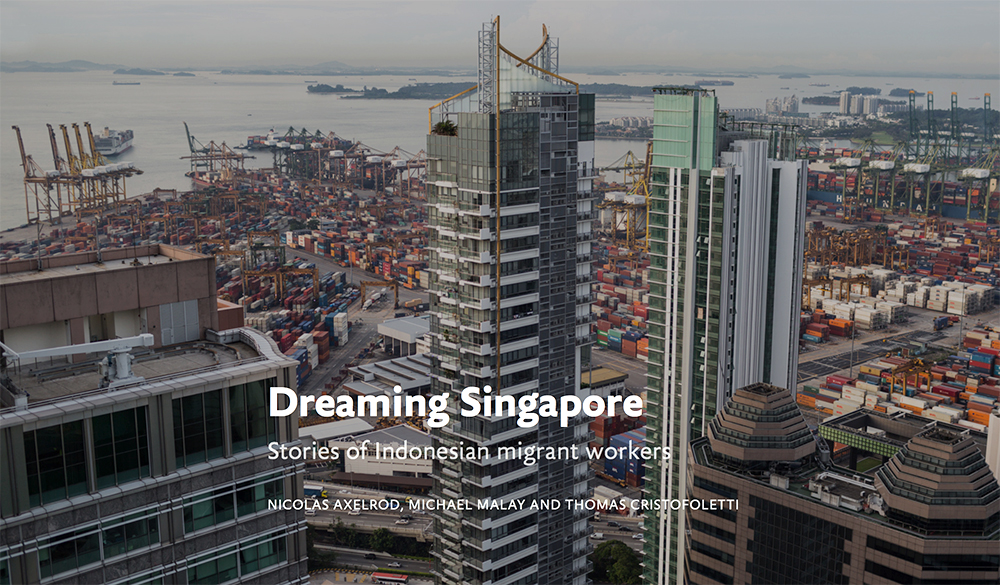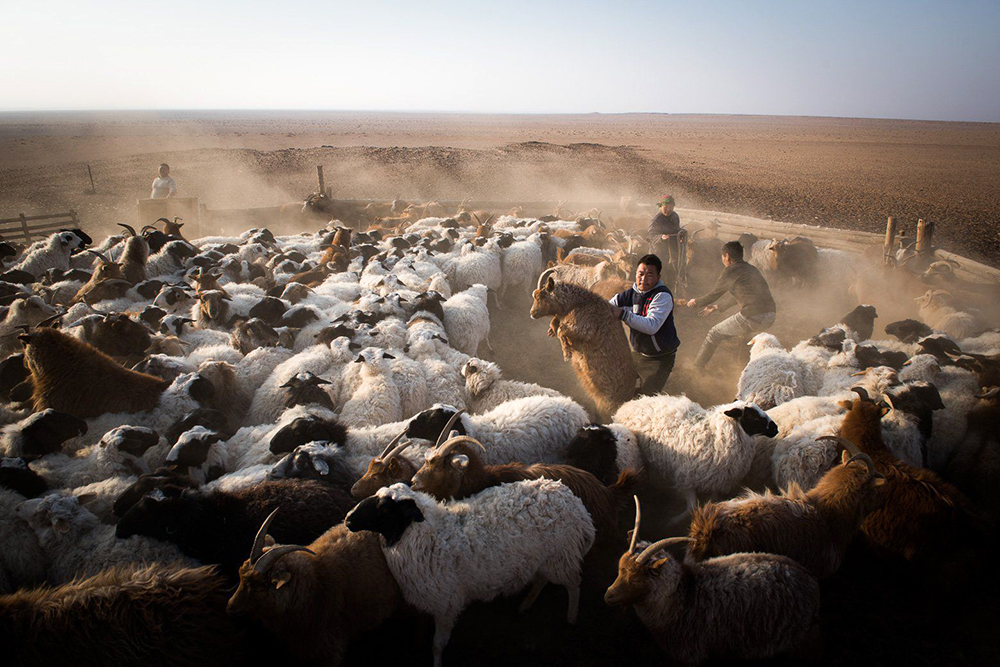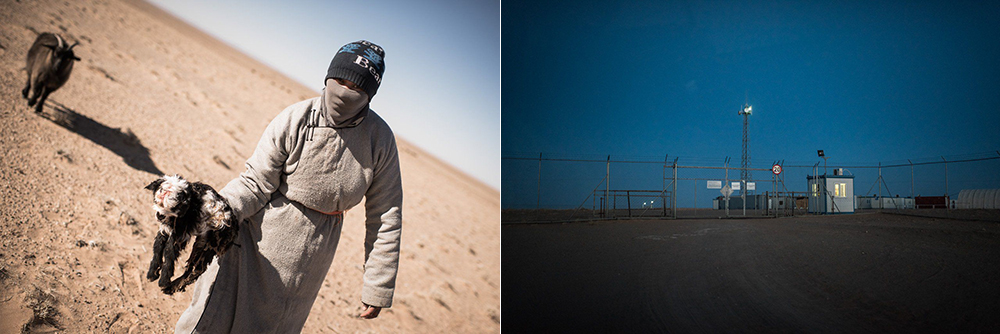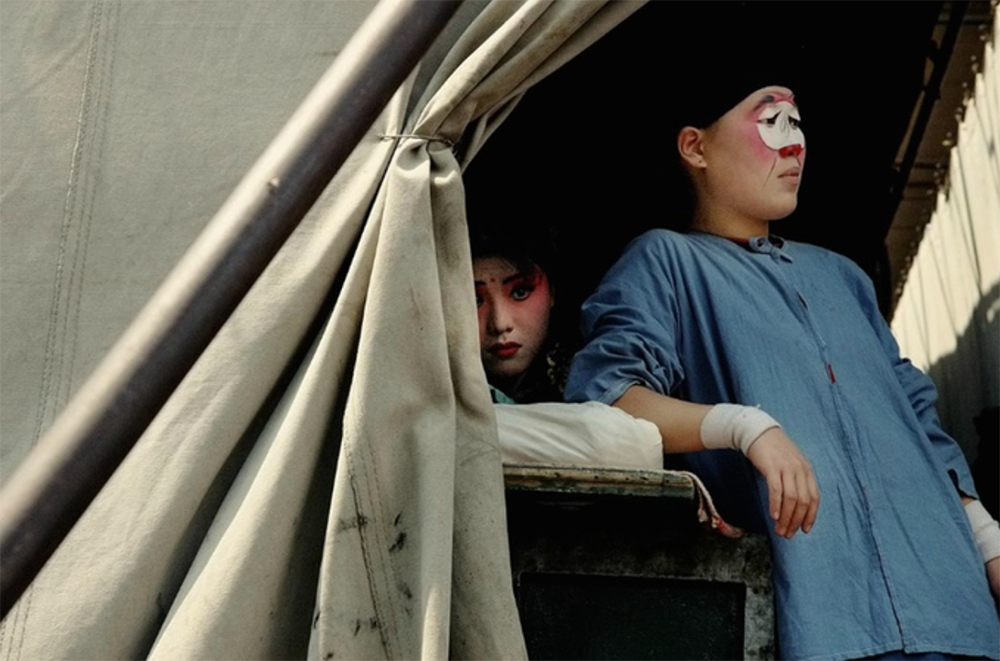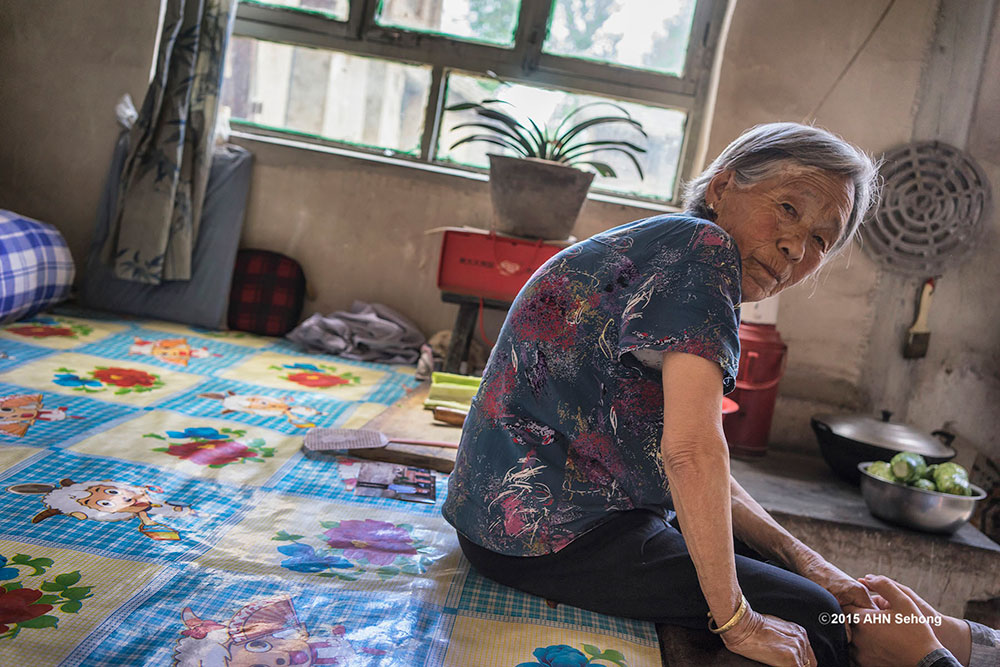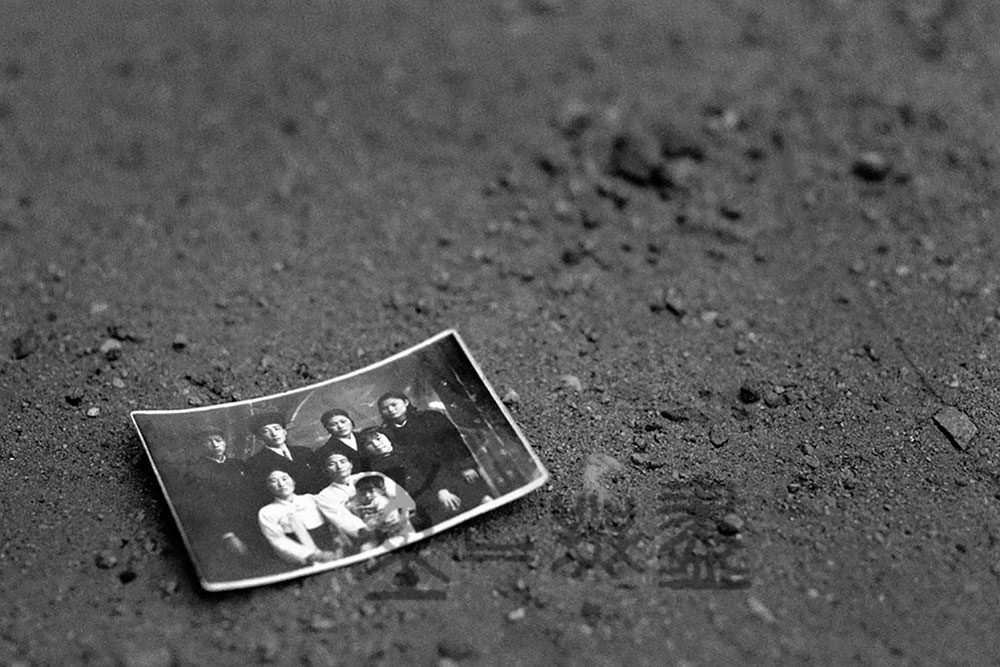Each year, men and women leave Aneda’s province in Indonesia in their hundreds to hire out as migrant workers– for places as varied as Kuwait, Hong Kong and Singapore. Foreign lands offer what home cannot – an escape from poverty.
But the dream of earning money abroad often goes awry. In order to leave, most take on large debts during the recruitment and training stage. These debts later create the conditions for a pliable workforce – willing to work long hours but afraid to complain about exploitative conditions.
Problems are especially acute for female domestic workers, who work in private residences and who make up the majority of Indonesia’s 6.5 million migrants. According to the ILO, up to 80 per cent of these domestic workers endure isolation, underpayment, long working hours, forced labour, human trafficing and violence.
Dreaming Singapore’ investigates the movement of migrants from Indonesia to Singapore, one of the busiest migratory pathways in Southeast Asia.
It follows three different women at various stages of their journey: from training centres in Indonesia, to daily life in Singapore, and finally the return home.
http://www.ruom.net/portfolio-item/dreaming-singapore/
Published on RUOM, an organic collaboration between photographers, journalists, videographers, and researchers, drawn together by a passion for social documentary work.
Text: Micheal Malay
Photos: Nicolas Axelrod – Thomas Cristofoletti
